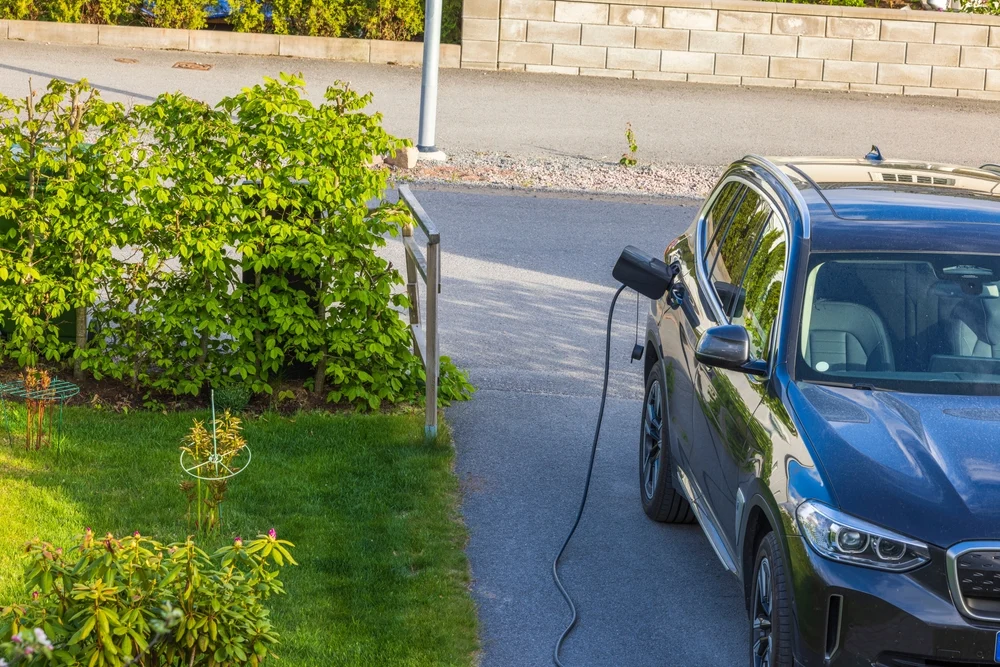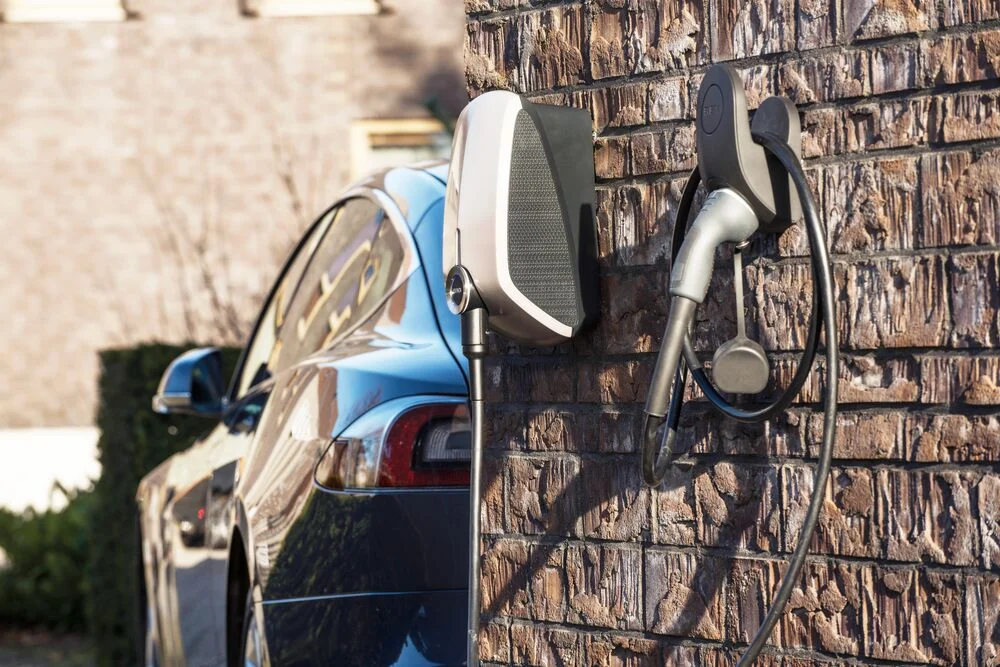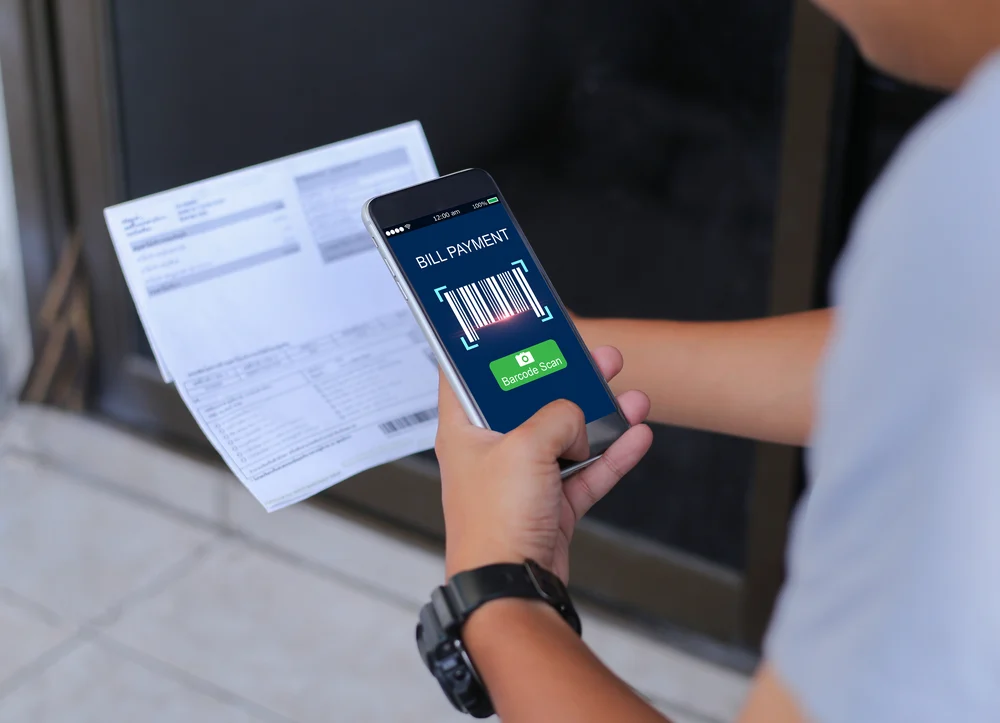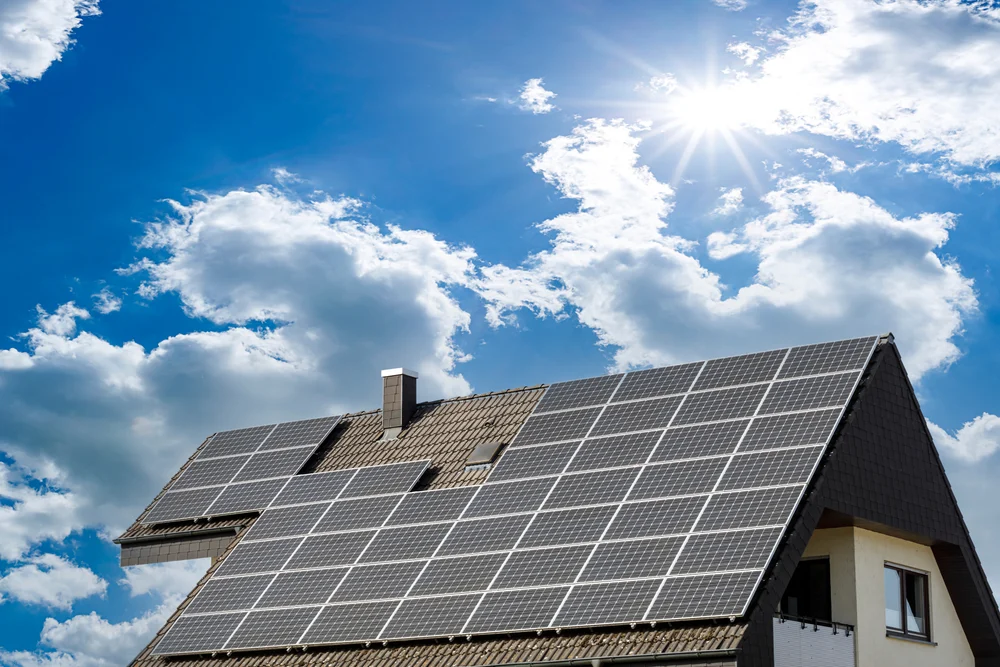As the world moves toward more sustainable transportation, electric vehicles (EVs) have become a central part of modern mobility. Not only are they a more eco-friendly option, but they also offer a smoother and more enjoyable driving experience. Many drivers appreciate the convenience of being able to charge their cars at home, making it easier to integrate EV ownership into daily life. It’s no surprise that installing a home charging station has become essential for many EV owners today. These stations are more than just simple hardware—they often come with smart features that help you manage your charging in a more efficient and cost-effective way. One of the most common questions people ask about smart chargers is whether they can help reduce electricity costs—especially with energy prices reaching all-time highs around the globe. This article explores how smart charging features can potentially lower your expenses and what you should know before making the switch. Smart EV charging refers to a range of technologies that allow your car, charger, and even your home or utility provider to communicate. This connectivity gives you greater control over when and how your vehicle charges, helping you optimize energy use and avoid unnecessary costs. While not all charging stations are smart, the technology is advancing quickly, and government policies are increasingly encouraging their adoption. As more people switch to electric vehicles, smart charging is becoming a standard feature in many homes. Smart EV charging offers several advantages, from better control over the charging process to insights into your energy usage and protection against electrical overloads. But the biggest concern for most drivers is whether it can actually save money. The answer isn’t always straightforward, but with the right setup, smart charging can indeed lead to cost savings. Let’s take a closer look at the different features and how they impact your electricity bill. Understanding how much energy your EV consumes is the first step in managing your costs. On average, an electric car uses around 200 watt-hours per kilometer. If you drive about 12 kilometers a day, that adds up to roughly 2,480 kWh per month. This is comparable to running a dishwasher for about two hours every day. While this might seem like a lot, it’s still relatively manageable for most households—especially if you use smart charging to optimize when and how you charge. Based on the average consumption, charging an EV could add around €18 to your monthly electricity bill in Europe or $11.5 in the U.S., depending on local energy prices. These figures can vary widely based on your location, driving habits, and electricity tariffs. However, with smart charging, you can make smarter choices that may significantly reduce these costs. Let’s explore how. Yes, smart EV charging can help reduce your electricity bill, but it depends on how you use it. Features like time-of-use scheduling, renewable energy integration, and load balancing can all contribute to cost savings. Here are some key features that can help you cut down on your electricity costs: Smart chargers let you track your energy use in real time, allowing you to schedule charging during off-peak hours when electricity is cheaper. This is especially useful if your utility company offers time-of-use pricing. If you have solar panels or access to other renewable sources, smart charging can help you use that energy more efficiently. For example, you can set your car to charge when your solar production is highest, reducing reliance on the grid. V2G allows your EV to feed power back into the grid, potentially earning you credits or discounts. V2H lets you power your home using your car’s battery, which can be especially useful during peak demand times. This feature ensures your EV doesn’t overload your home’s electrical system by adjusting its charging rate based on other appliances in use. It can also prevent costly upgrades to your meter box. With rising energy prices, smart charging is becoming more important than ever. By giving you control over when and how you charge, it helps you save money while supporting a greener future. If you're thinking about installing a home EV charger, consider exploring the benefits of smart charging further. You might find it's a great investment for both your wallet and the environment. Timing Cover,Front Timing Cover,Timing Chain Cover,Timing Belt Cover Ningbo Maixun International Trade Co., Ltd , https://www.nbmachinery.com
What is Smart EV Charging?

What Are the Benefits of Smart EV Charging?
How Much Electricity Does an EV Need to Be Charged?

How Much Will Charging an Electric Car Add to Your Bill?

Can You Reduce Your Electricity Bill with a Smart EV Charger?
How Can You Save Money with Smart EV Charging?
Electricity Cost Management

Sustainable Energy Use
Vehicle-to-Grid (V2G) and Vehicle-to-Home (V2H)
Dynamic Load Balancing

Can you save money with a smart EV charging station?
As the world moves toward more sustainable transportation, electric vehicles (EVs) have become a central part of modern mobility. Not only are they a more eco-friendly option, but they also offer a smoother and more enjoyable driving experience. Many drivers appreciate the convenience of being able to charge their cars at home, making it easier to integrate EV ownership into daily life. Timing Cover,Front Timing Cover,Timing Chain Cover,Timing Belt Cover Ningbo Maixun International Trade Co., Ltd , https://www.nbmachinery.com